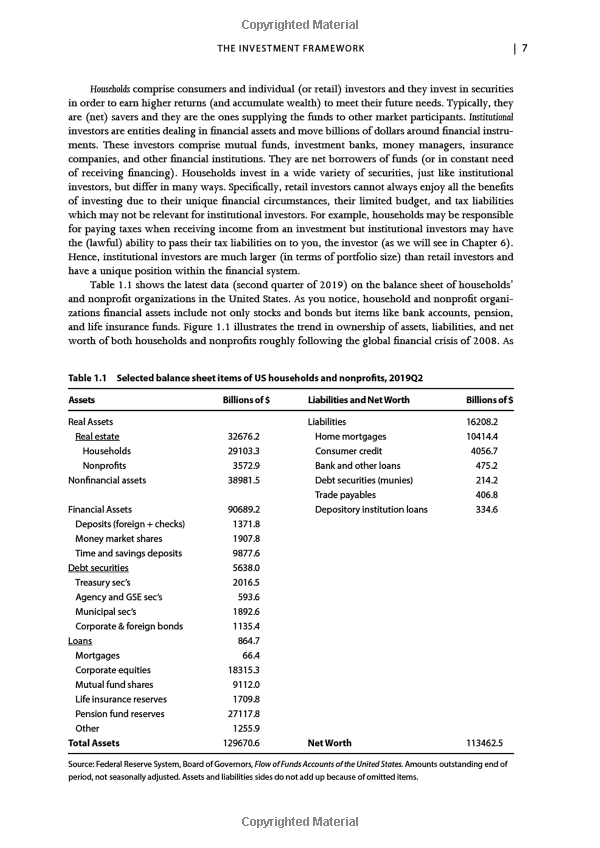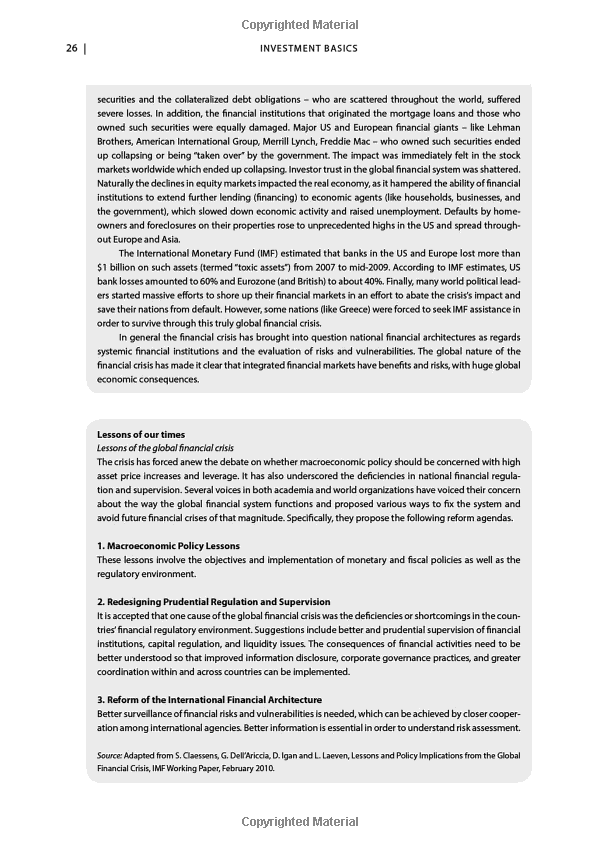Understanding Investment Loan Criteria: Your Complete Guide to Securing Financing for Property Investments
#### Investment Loan CriteriaWhen it comes to investing in real estate, understanding the **investment loan criteria** is crucial for securing the right fin……
#### Investment Loan Criteria
When it comes to investing in real estate, understanding the **investment loan criteria** is crucial for securing the right financing. Investment loans are specifically designed for purchasing properties that will generate income, such as rental homes or commercial properties. These loans differ from traditional home loans, and knowing the criteria can make a significant difference in your investment journey.
#### What Are Investment Loans?
Investment loans are financial products that allow investors to purchase properties with the intention of earning a return on their investment. These loans typically have different terms compared to standard home loans, including higher interest rates and more stringent approval processes. Lenders assess various factors to determine eligibility, which is where understanding the **investment loan criteria** becomes essential.

#### Key Criteria for Investment Loans
1. **Credit Score**: One of the primary factors lenders consider is your credit score. A higher credit score indicates that you are a lower risk to lenders. Generally, a score of 700 or above is favorable for securing an investment loan. If your score is lower, you may face higher interest rates or be denied altogether.
2. **Income and Employment Verification**: Lenders will also look at your income and employment history. They want to ensure that you have a stable source of income to cover mortgage payments. Typically, lenders prefer a debt-to-income ratio of 43% or lower, meaning your total monthly debt payments should not exceed 43% of your gross monthly income.
3. **Down Payment**: Investment loans usually require a larger down payment than primary residence loans. While a conventional home loan might require as little as 3% down, investment loans often require 20% or more. This higher down payment reduces the lender's risk and shows your commitment to the investment.

4. **Property Type**: The type of property you intend to purchase can also affect your loan eligibility. Lenders may have different criteria for single-family homes, multi-family units, and commercial properties. Understanding these nuances in the **investment loan criteria** can help you choose the right property for your investment goals.
5. **Cash Reserves**: Lenders often want to see that you have cash reserves available to cover several months of mortgage payments. This requirement serves as a safety net for lenders, ensuring that you can manage payments even if your property does not generate immediate income.
6. **Investment Experience**: If you have prior experience in real estate investing, this can work in your favor. Lenders may view experienced investors as less risky, especially if you have a successful track record of managing rental properties.
#### Conclusion

Navigating the world of investment loans can be complex, but understanding the **investment loan criteria** is the first step toward successful property investment. By focusing on improving your credit score, maintaining stable income, and ensuring you have sufficient cash reserves, you can enhance your chances of securing favorable financing. Always remember to shop around for the best loan terms and consult with financial advisors or mortgage brokers who specialize in investment properties. This knowledge will empower you to make informed decisions that align with your investment strategy and financial goals.